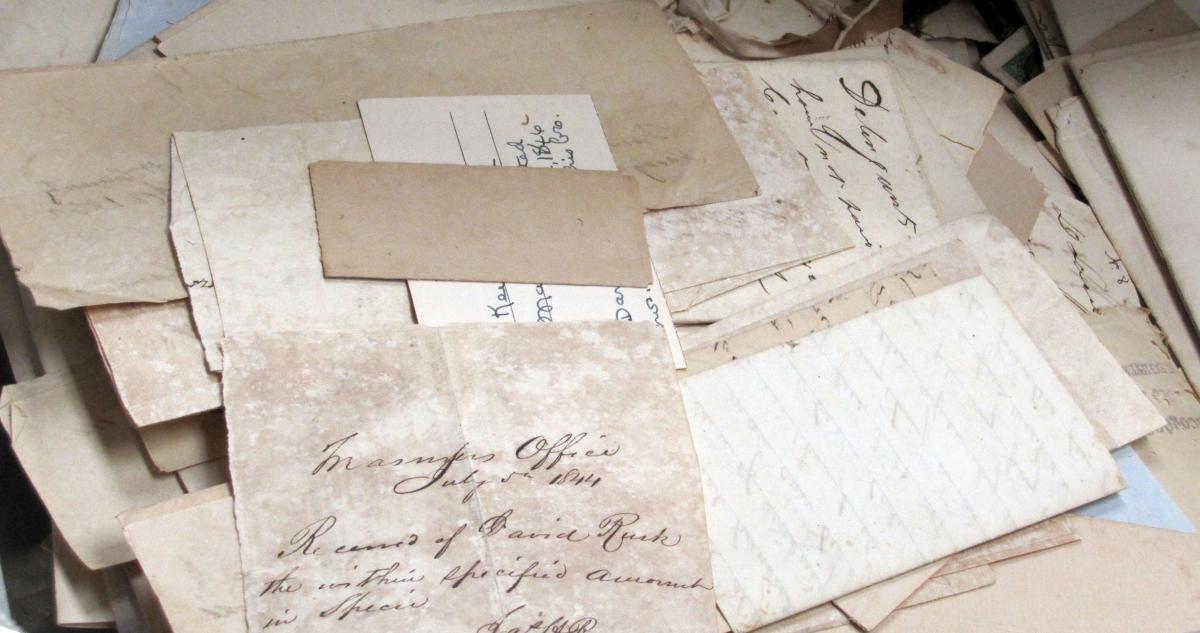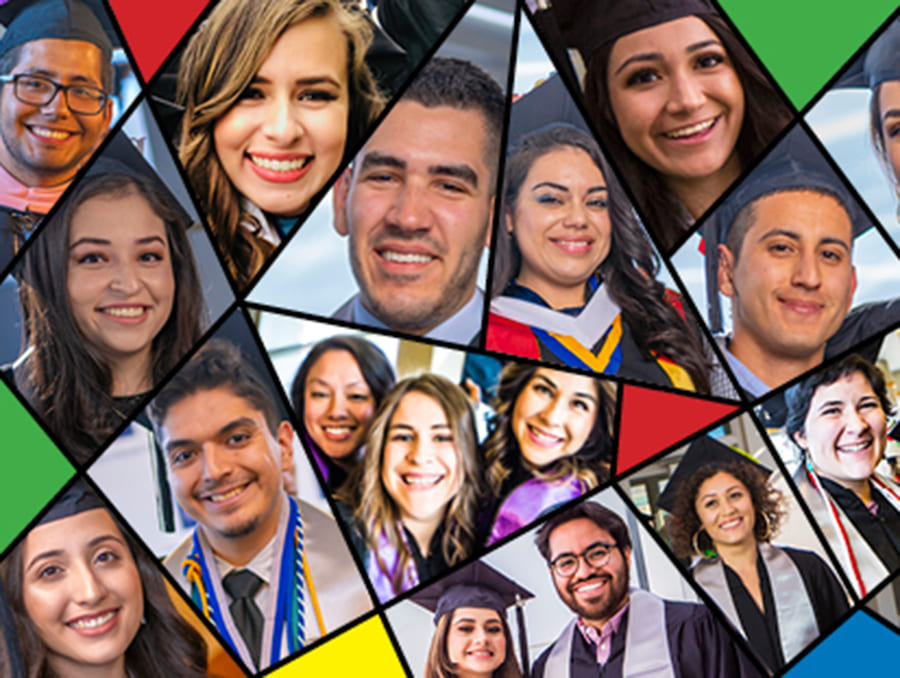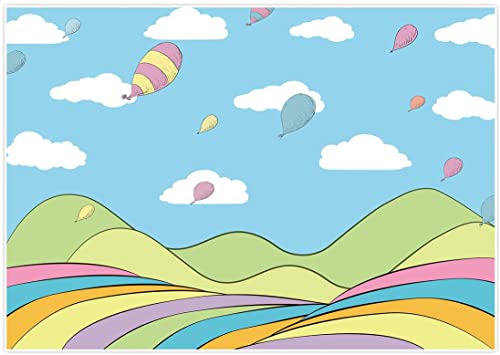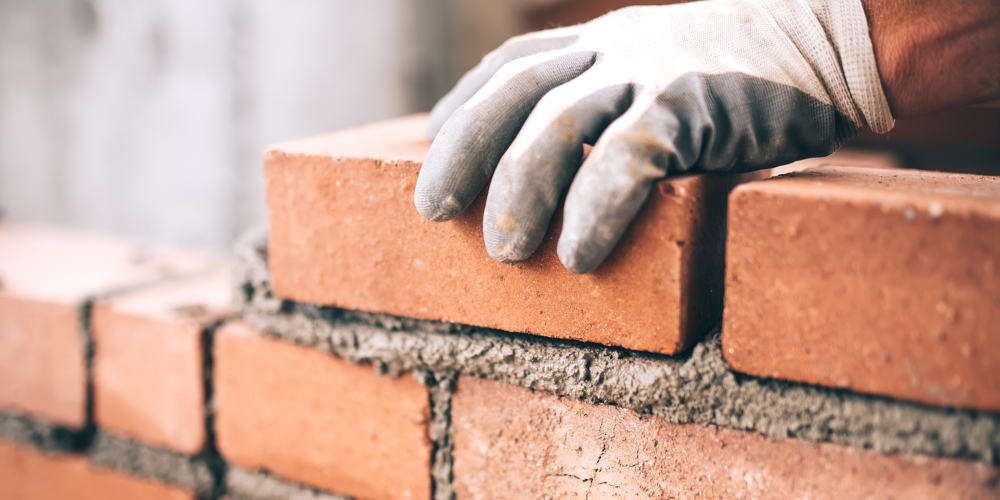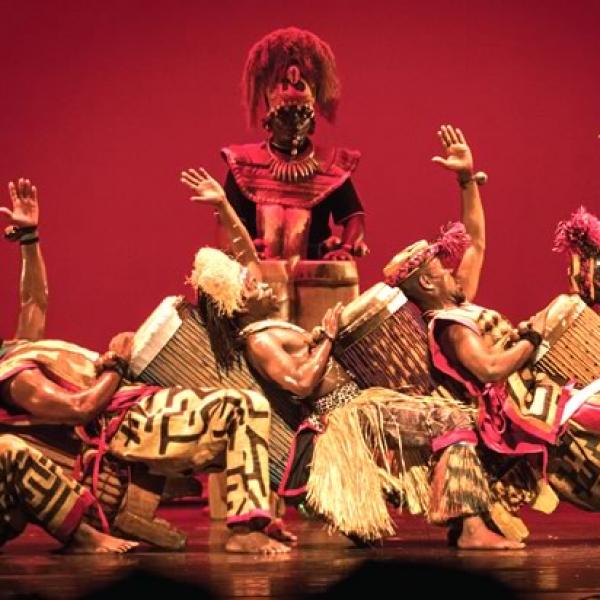Blog
27 Nov Funding Alert! FY 2021 Campus Cyberinfrastructure Grants
National Science Foundation The National Science Foundation (NSF) has recently opened to proposals its Campus Cyberinfrastructure (CC) program. Given the data-driven nature of scientific research and education, institutions of higher education face many challenges regarding cyberinfrastructure, including computing, data services, security, information-sharing, and more. NSF addresses the growing needs for innovative, effective network infrastructures on campuses through the CC program. Let’s take a closer look at this opportunity.20 Nov Funding Alert! Preservation Assistance Grants for Smaller Institutions
National Endowment for the Humanities – Preservation & Access Attention humanities folks in small or mid-sized institutions! If your organization is seeking funding to help preserve and care for collections of books and journals, archives and manuscripts, prints and photographs, moving images, sound recordings, textiles, archeological artifacts, digital materials, and more, you might be interested in this opportunity. The National Endowment for the Humanities (NEH) is accepting applications for Preservation Assistance Grants for Smaller Universities to help institutions improve their capacities to preserve significant humanities collections.12 Nov Funding Alert! STEM Education Grants for Hispanic-Serving Institutions
National Science Foundation Attention higher education folks! The National Science Foundation is accepting applications for its multi-track program, Improving Undergraduate STEM Education: Hispanic-Serving Institutions (HSI program). The HSI program is intended to enhance the quality of undergraduate science, technology, engineering, and mathematics (STEM) education and to increase the recruitment, retention, and graduation rates of historically underrepresented students in these fields who are working toward associates or baccalaureate degrees. Let’s take a closer look at this grant program.09 Nov Let’s Go Shopping! Ethics in Procurement Part II, By Whitney Gray, MA, GPC
Imagine this hypothetical situation: Your organization recently won a large grant award ($200,000) and plans to use the funds to construct a new playground for the children it serves. The organization’s board is rightfully excited about the grant award and the positive impact the playground...



